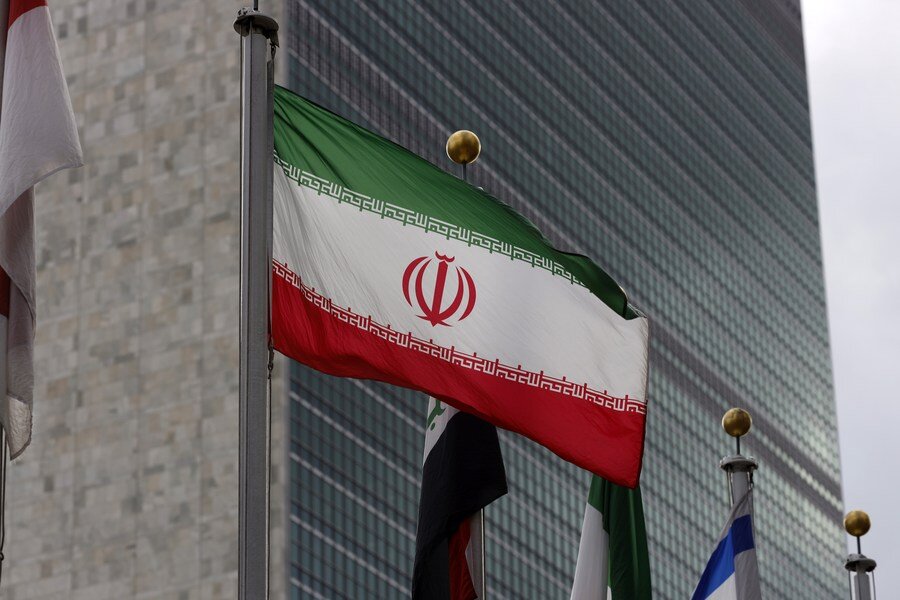Snapback mechanism ‘not triggered’ against Tehran: UN Security Council president

TEHRAN — Russian Ambassador to the UN Vassily Nebenzia says contrary to the United States’ claim, the “snapback” mechanism on sanctions against Tehran has not been triggered.
“On the snapback, I think everything is clear. The snapback has not happened,” Nebenzia, in his capacity as president of the Security Council for the month of October, said on Thursday.
According to Xinhuanet, the Russian envoy said the UN Security Council spoke about the issue unequivocally,
“Nearly all council members sent letters to the president of the Security Council in August, stating their position that they did not share the view of the United States and that they believed Security Council Resolution 2231, which endorsed the Iran nuclear deal, stays intact,” he stated.
“So we are living in a situation of no snapback, of the full implementation of Resolution 2231. I understand that the U.S. themselves understand it, and they simply use that situation in order to go with their own unilateral sanctions on Iran, to continue their policy of maximum pressure on that country,” Vassily Nebenzia said.
The council members' position was confirmed in the presidential resume of the discussion at the end of August during the Indonesian presidency of the Security Council, and later confirmed by the Nigerien presidency, said Nebenzia.
After the so-called snapback grace period expired on September 19, the U.S. announced that the snapback now is in force, he said, adding, “The same countries reaffirmed their position, sending letters to the Security Council president and the UN secretary-general, saying that in their view, the snapback is wishful thinking of the United States.”
“So we are living in a situation of no snapback, of the full implementation of Resolution 2231. I understand that the U.S. themselves understand it, and they simply use that situation in order to go with their own unilateral sanctions on Iran, to continue their policy of maximum pressure on that country,” he said.
U.S. Secretary of State Mike Pompeo took a measure on September 19 that sent diplomatic shock waves across the world.
In a statement, Pompeo announced the return of “all previously terminated UN sanctions” on Tehran, a highly controversial measure that was met with global backlash from U.S. friends or foes alike.
“Today, the United States welcomes the return of virtually all previously terminated UN sanctions on the Islamic Republic of Iran…. Sanctions are being re-imposed on Iran pursuant to the snapback process under UN Security Council resolution (UNSCR) 2231,” he said.
All parties to the Iran nuclear deal, officially known as the Joint Comprehensive Plan of Action (JCPOA), opposed the U.S. measure, announcing that the U.S. had no legal right to reinstate the UN sanctions on Iran.
After U.S. President Donald Trump pulled the U.S. out of the JCPOA, his administration pursued a policy of “maximum pressure” against Iran. Tehran has described the pressure as “economic terrorism”.
MH/PA
